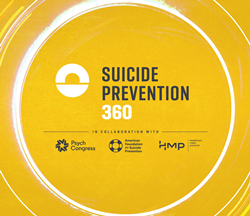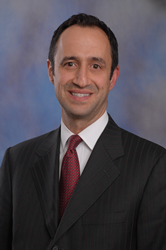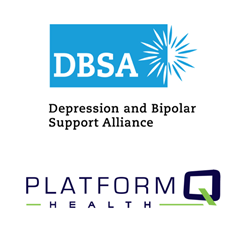
“We noticed a strong alignment between Conscious Discipline and our focus on reflection in the context of supportive relationships to develop strong executive function skills,” said Dr. Carlson, Co-founder and Chief Science Officer at Reflection Sciences.
ORLANDO, Fla. (PRWEB)
September 19, 2019
Conscious Discipline, a leader in social-emotional learning and classroom management best practices, has partnered with Reflection Sciences in an effort to better measure and improve executive function in children. Reflection Sciences was founded by Phil Zelazo, Ph.D., and Stephanie Carlson, Ph.D., researchers at the University of Minnesota and creators of the Minnesota Executive Function Scale (MEFS). The MEFS App™ is a direct digital tablet assessment and the most accurate measurement of executive function available today.
Beginning in mid-2019, Conscious Discipline will be selling access to the MEFS App™ and training materials through its website. After purchasing the app and integrating it into instruction, users will receive specific Conscious Discipline intervention activities tied to each child’s executive function development, their age, and their performance on the game-like assessment.
Student data gathered through the MEFS App™ can be used to monitor progress, track the development of executive function and evaluate the effects of interventions and curricula. The assessment is brief, reliable, and valid and can be administered starting at age two and extending through adulthood. Children may be assessed multiple times throughout the year with the purchase of the MEFS training and one license per student.
Executive function is a set of skills that are essential, not just for school achievement, but for life happiness and success. Executive function helps people pay attention, plan, organize, make decisions, stick to their goals, control emotions and impulsivity, learn from past mistakes, and take other people’s perspectives. These neuro-cognitive skills include working memory, inhibitory control and cognitive flexibility. Executive function is often a better predictor of academic and life success than traditional IQ tests, and it helps protect children from adversity-related risks.
“Conscious Discipline improves executive function in children. Through our partnership with Reflection Sciences, educators and schools can not only measure this improvement, but also implement interventions and track measurable goals,” said Dr. Becky Bailey, founder of Conscious Discipline. “This partnership gives teachers, schools and parents a more tangible way to track progress and clearly see the growth achieved with Conscious Discipline.”
“We noticed a strong alignment between Conscious Discipline and our focus on reflection in the context of supportive relationships to develop strong executive function skills,” said Dr. Carlson, Co-founder and Chief Science Officer at Reflection Sciences. “We are now excited to go to market together with Conscious Discipline so more young children globally can benefit from both of our services.”
Child Trends conducted an evaluation with 700 young children in the state of Ohio in conjunction with the University of Dayton and Preschool Promise and concluded that Conscious Discipline’s SEL curriculum led to growth in executive function performance as measured by the MEFS App™.
About Conscious Discipline
Conscious Discipline provides a comprehensive, trauma-informed social-emotional program that is based on current brain research, child development information and developmentally appropriate practices. All aspects of Conscious Discipline focus on creating a safe, connected environment for children to learn and practice the skills needed for healthy social, emotional and academic development. Conscious Discipline methodology is recognized by SAMHSA’s National Registry of Evidence-based Programs and Practices (NREPP), and it was named as a national model for character education by the Florida State Legislature. Research shows that Conscious Discipline decreases aggression, impulsivity and hyperactivity while creating a positive environment in the school or home. In schools, Conscious Discipline has been shown to decrease discipline referrals while increasing teaching time and academic achievement. Learn more at http://www.consciousdiscipline.com.
About Reflection Sciences
Reflection Sciences, Inc. (http://www.reflectionsciences.com) provides professional development, training, intervention curricula, and tools for assessing and improving executive function skills. The Minnesota Executive Function Scale (the MEFS AppTM) is the first objective, scientifically based, and normed direct assessment that validly and reliably measures EF skills in children from two years of age and up. The MEFS App™ is a quick (5 minute), fun game for students, but it provides vital data for educators and parents on a student’s executive function skills.
Share article on social media or email:













